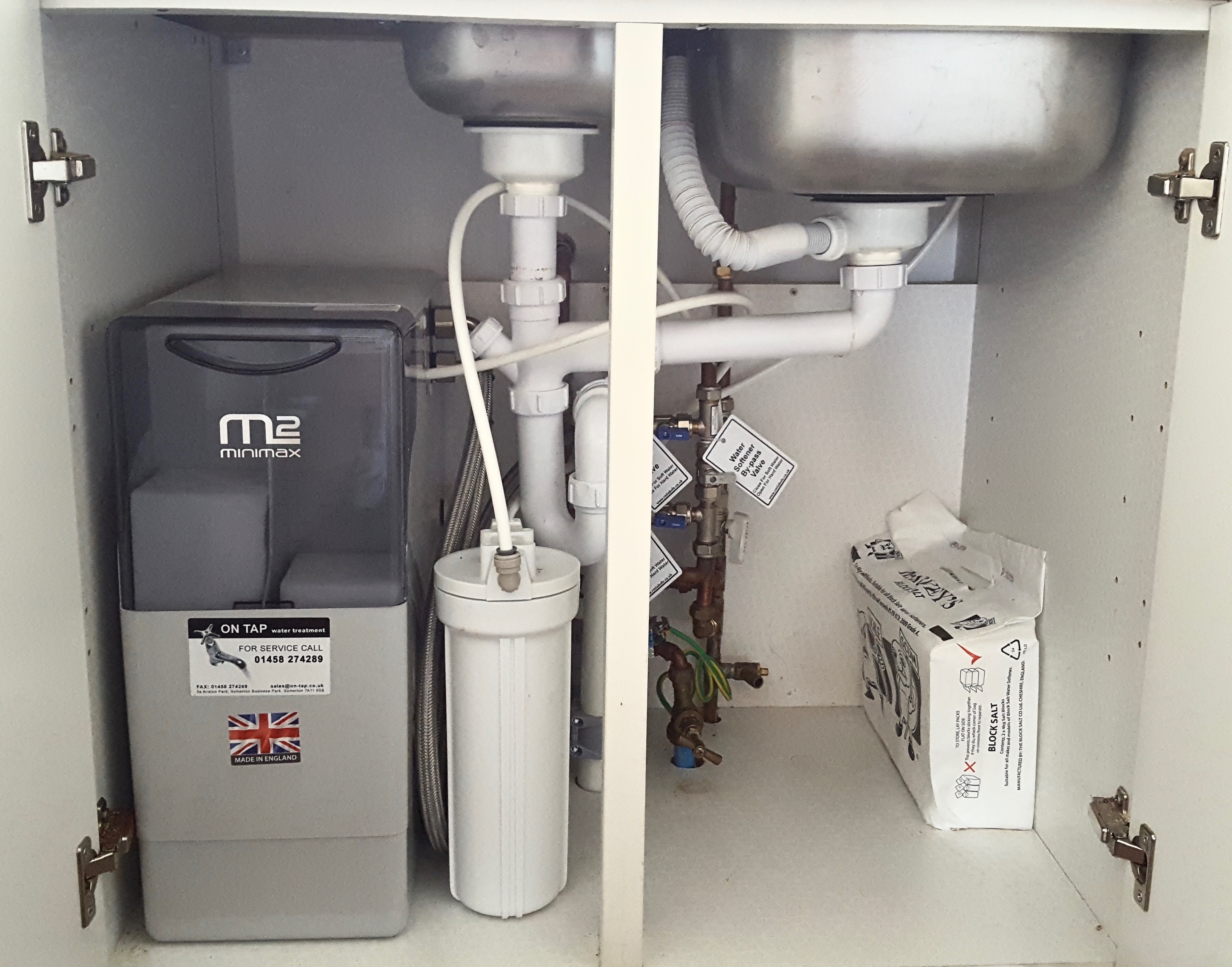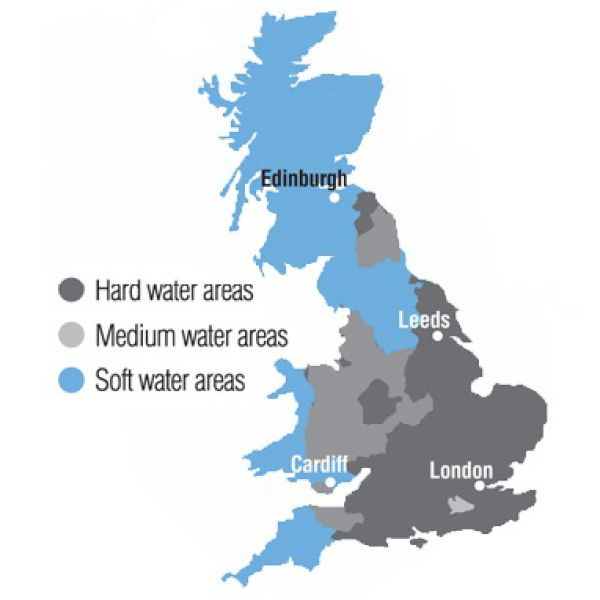Hard Water Vs Soft Water Uk. Soft water can also be produced by putting hard water through a softening process. It can be naturally occurring such as from rainwater, glaciers, icebergs, ponds, lakes, rivers and streams or it can be created through water treatment.

What's the difference between hard and soft water?
Soft water is treated water in which the only cation (positively charged ion) is sodium.
Living beings cannot survive without water. Hard water is any water containing an appreciable quantity of dissolved minerals. It can be naturally occurring such as from rainwater, glaciers, icebergs, ponds, lakes, rivers and streams or it can be created through water treatment. Whether or not your home is supplied with hard or soft water will depend on where you live in the UK. It has the disadvantages of the hard water or soft water, and yet keeps the advantages of the hard water and soft water. Hard water is water with a high mineral content, particularly ions of calcium and magnesium.
People who live in soft water areas sometimes find it difficult to understand the issues which hard water can cause. Hard water is formed when water percolates through deposits of limestone, chalk or gypsum which are largely made up of calcium and magnesium carbonates, bicarbonates and sulfates. On the other hand, soft water tends to be rich in sodium — used by water softeners to remove impurities. The key difference between hard water and soft water is that hard water contains lots of dissolved minerals such as calcium and magnesium whereas soft water has been treated, thus removing all minerals except sodium. Water is an essential component for all living beings in their day to day life. This is because it is generally found in surface water, like collected rain or the basin of a river.
Soft water can also be produced by putting hard water through a softening process. What is in Your Tap Water? The general idea is that the minerals are swapped with sodium during the ion exchange process.






